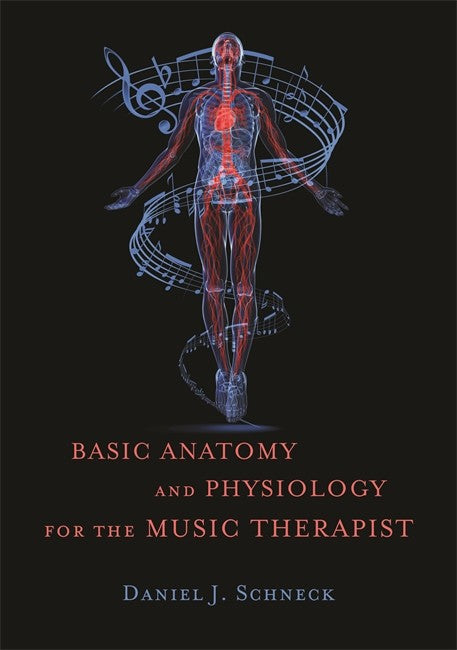Basic Anatomy and Physiology for the Music Therapist
Basic Anatomy and Physiology for the Music Therapist
SKU:9781849057561
Share
Providing need-to-know information about the human body for music therapists, this book covers the elements of anatomy and physiology that are of particular relevance to clinical practice. Addressing both the structure and function of the human body, the material is presented with the music therapist in mind. Particular attention is paid to the role of music in affecting responses from the organ systems, including the senses, the endocrine glands, the immune system, the musculo-skeletal system, the nervous systems and the vestibular system. Dr Schneck also uses accessible musical metaphors to explain complex biological information. Emphasising the symbiotic relationship between music and the body, this book reveals how an understanding of this relationship can help music therapists to practice more effectively, and will be of interest to students and practitioners alike.
About the Author
About the Author
Couldn't load pickup availability


